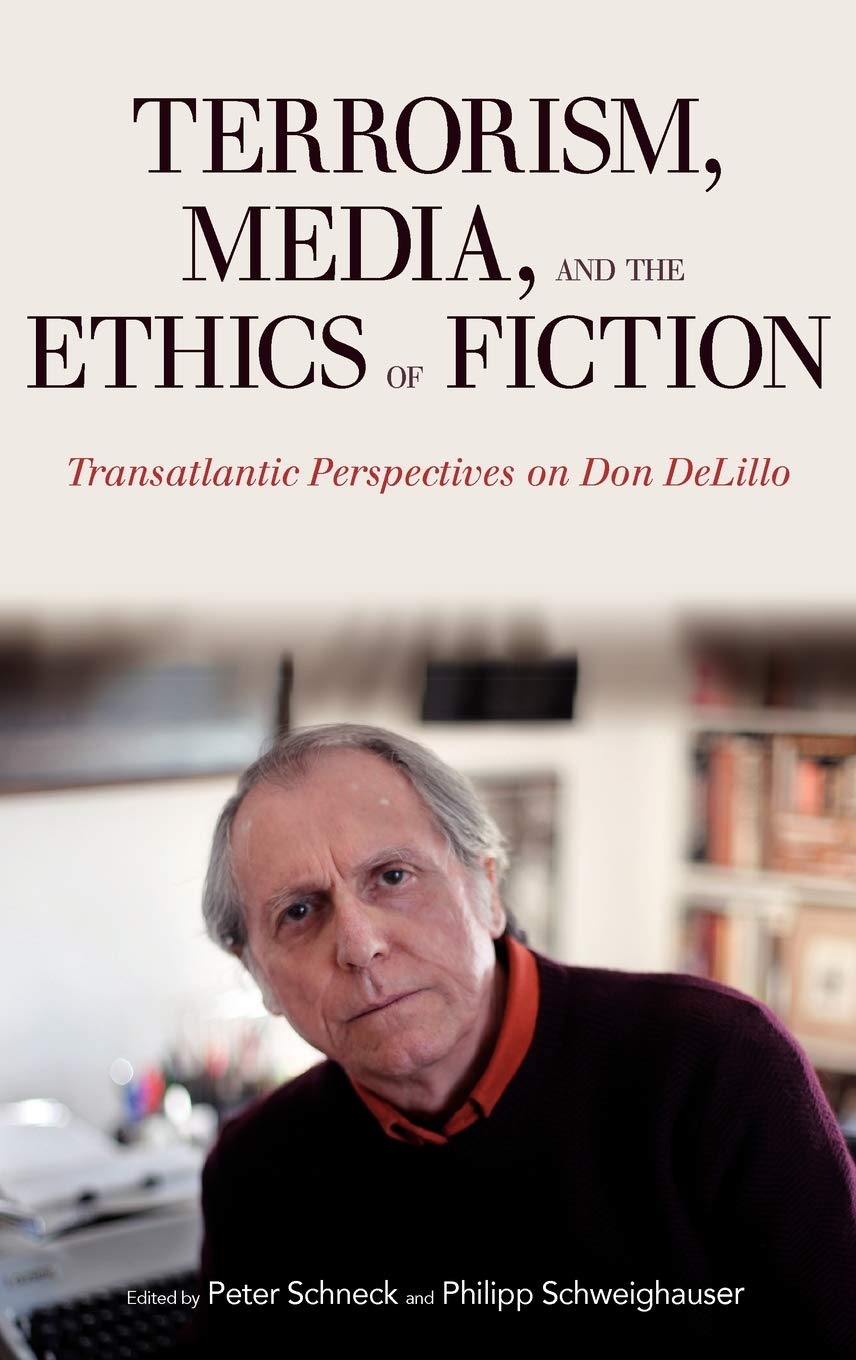

Most ebook files are in PDF format, so you can easily read them using various software such as Foxit Reader or directly on the Google Chrome browser.
Some ebook files are released by publishers in other formats such as .awz, .mobi, .epub, .fb2, etc. You may need to install specific software to read these formats on mobile/PC, such as Calibre.
Please read the tutorial at this link: https://ebookbell.com/faq
We offer FREE conversion to the popular formats you request; however, this may take some time. Therefore, right after payment, please email us, and we will try to provide the service as quickly as possible.
For some exceptional file formats or broken links (if any), please refrain from opening any disputes. Instead, email us first, and we will try to assist within a maximum of 6 hours.
EbookBell Team

4.4
52 reviewsIn his novel Mao II, Don DeLillo lets his protagonist say, 'Years ago I used to think it was possible for a novelist to alter the inner life of the culture. Now bomb-makers and gunmen have taken that territory. They make raids on human consciousness.' DeLillo suggests that while the collective imagination of the past was guided by the creative order of narrative fictions, our contemporary fantasies and anxieties are directed by the endless narratives of war and terror relayed by the mass media. To take DeLillo's literary reflections on media, terrorism, and literature seriously means to engage with the ethical implications of his media critique.
This book departs from existing works on DeLillo not only through its focus on the function of literature as public discourse in culture, but also in its decidedly transatlantic perspective. Bringing together prominent DeLillo scholars in Europe and in the US, it is the first critical book on DeLillo to position his work in a transatlantic context.